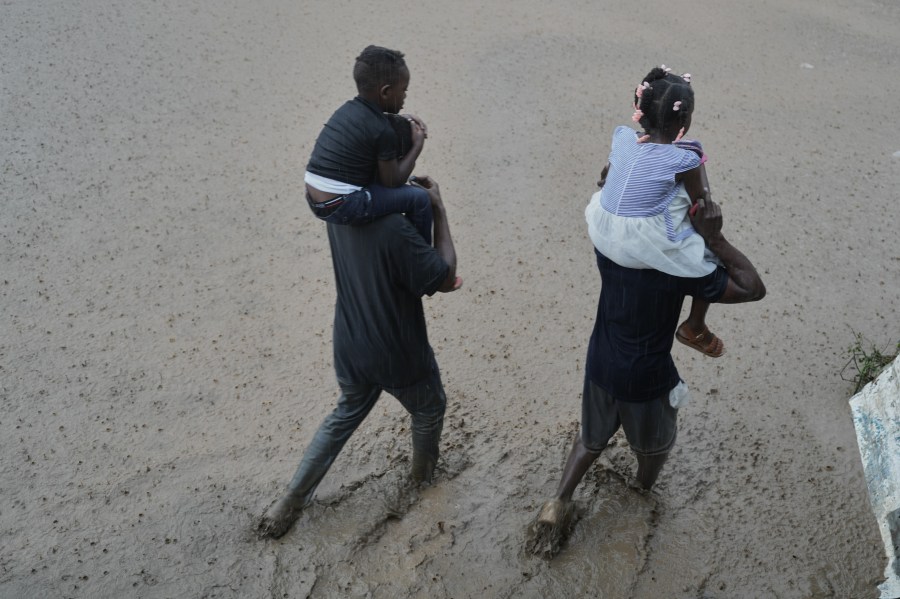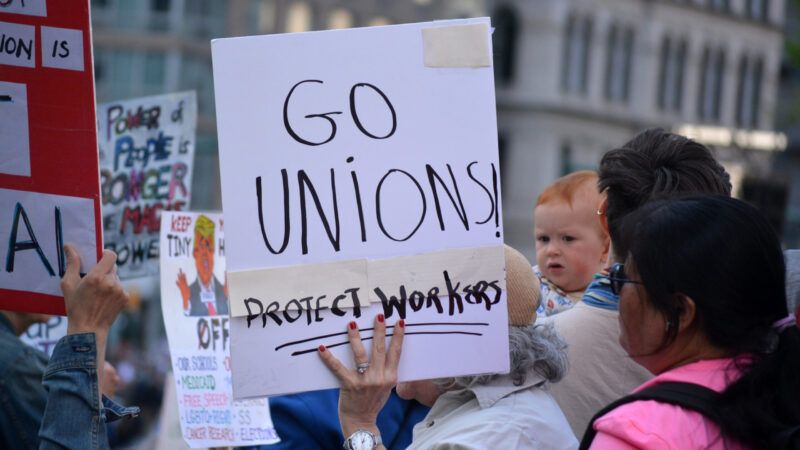BREAKING: New analysis confirms that human-caused climate change drastically intensified Hurricane Melissa’s destructive winds and rainfall, leading to catastrophic impacts across the Caribbean. The report, released today by the World Weather Attribution, reveals that climate change boosted the hurricane’s maximum wind speeds by 7% and increased rain intensity by 16%.
Hurricane Melissa, which made landfall recently, wreaked havoc in Jamaica, Haiti, Dominican Republic, and Cuba, resulting in dozens of fatalities and widespread destruction. Homes lost roofs, hospitals sustained damage, roads were blocked by landslides, and agricultural fields were ruined. The storm’s peak sustained winds reached an alarming 185 mph (298 kph).
According to the analysis, the conditions that fueled Melissa’s rapid intensification were six times more likely due to climate change than in a pre-industrial climate. The ocean temperatures in Melissa’s path were reported to be 1.4°C (2.5°F) warmer, providing the energy necessary for the storm’s explosive growth.
“Warmer ocean temperatures are effectively the engine that drives a hurricane,”
said Theodore Keeping, a climate scientist at WWA. “The warmer the ocean temperatures, the greater the wind speed a hurricane can have.”
Hurricane Melissa is the fourth storm this year to experience rapid intensification, defined as a sustained wind increase of at least 30 knots (about 35 mph or 56 kph) within 24 hours. Keeping noted that in a world without climate change, Melissa would have had wind speeds approximately 10 mph (16 kph) less extreme, resulting in significantly lower destruction.
Scientists have increasingly linked rapid hurricane intensification in the Atlantic to human-induced climate change. The greenhouse gases emitted by human activity, such as carbon dioxide, contribute to warmer ocean temperatures and a more moisture-laden atmosphere, which provide hurricanes with the necessary fuel to strengthen.
“It’s like basically taking a sponge and wringing it out, and climate change is making that sponge even larger,”
explained Brian Tang, an atmospheric science professor at the University at Albany, who was not involved in the analysis.
Andrew Dessler, a professor of atmospheric sciences at Texas A&M University, also emphasized the findings’ alignment with existing research. “This is completely consistent with our expectation of what’s going to happen in the future,” he stated.
The rapid attribution analysis serves as a crucial tool for understanding the immediate impacts of climate change on extreme weather events. Dessler highlighted the urgency of such studies, saying they provide quick insights that can later be complemented by more in-depth research.
As the world grapples with the consequences of climate change, the devastation caused by Hurricane Melissa stands as a stark reminder of the urgent need for action. The storm’s intensity may signal a troubling trend for future hurricanes, raising alarms about what lies ahead.
WHAT’S NEXT: As recovery efforts begin in the affected Caribbean nations, experts will continue to monitor the situation and assess the long-term impacts of Hurricane Melissa. The international community is urged to take note of these developing trends to mitigate future risks.







